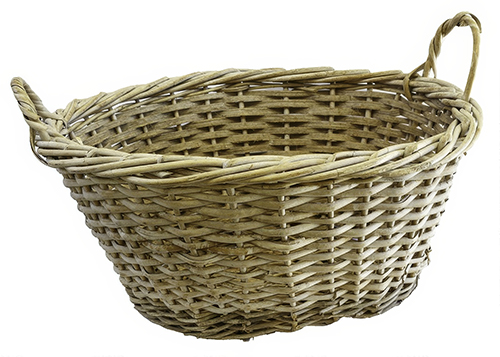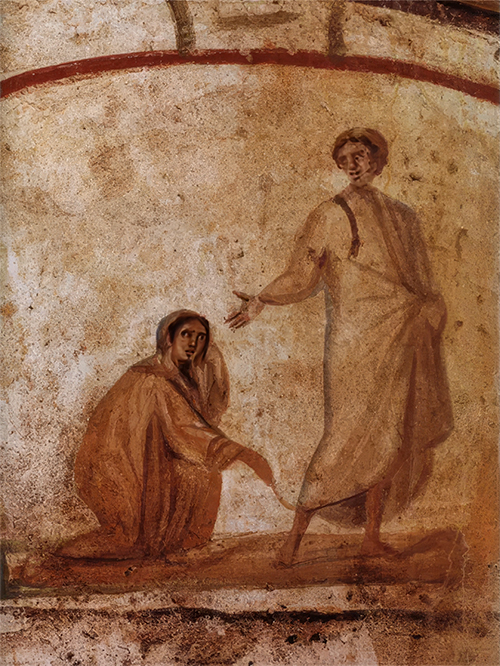
For many, our lives are often like an over-packed suitcase.
It seems like we are always busy and overpressured, always one phone call, text message, email, visit, and task behind.
We are forever anxious about what we have still left undone, about whom we have disappointed, about unmet expectations.
At times, we can feel like we are on a treadmill from which we would want to step off.
And within all that busyness, pressure, noise, and tiredness, there is, in us, an urge, a desire for solitude.
We long for some quiet, restful place where all the pressure and noise will stop, and we can sit and simply rest.
That is a healthy yearning. It is our soul speaking.
Like our body, our soul keeps trying to tell us what it needs.
The soul needs solitude.
But solitude is not easy to find.
Why?
We tend to picture solitude in a naïve way as something that we can “soak ourselves in” like we would a warm bath.
We tend to picture solitude as busy, pressured, and tired. We finally have a chance to slip away for a weekend.
We rent a bach, a place away in a secluded environment.
We may take ourselves to a monastery or a retreat facility, somewhere without noise and without the rush.
We pack some food and some soft music, but we resist packing phones, iPads, or laptops.
This is to be a quiet time, a time to listen to the birds sing or the waves breaking on the beach, a time to walk in the forest, a time to sit with my God, a time of solitude.
However, solitude cannot be so easily programmed.
We can set up all the optimum conditions for it, but that is no guarantee we will find it.
For solitude is not found in an external place or space.
No matter how remote a physical place we find, “we take ourselves with us.”
Solitude is not essentially a physical location or space outside of myself; rather, it is an internal way of being present in the now, which in turn requires attending to and holding all that is calling for my attention.
Solitude is not something we turn on like a water tap.
It needs a body and mind slowed down enough to be attentive to the present moment.
We are in solitude when, as Merton says, we fully taste the water we are drinking, feel the warmth of our blankets, and are restful enough to be content inside our own skin.
Solitude, I suggest, is being fully attentive to the present moment.
A process that I have found valuable in attending to that internal solitude is what is known as “Clearing the Space”.
Each morning, I begin my prayer time by imagining there is a wicker basket at my feet, and I ask the question, “what is calling for my attention?” and I wait for whatever arises.
I acknowledge whatever comes, and I gently place that issue in the basket.
I then ask the question again and attend to what arises similarly.
For example, this morning, in my basket, there was a time to schedule a haircut, a time to pay my Spark Account, remember to put my washing in the machine, and, of course, thoughts on what I am writing right now!
Each of these issues, though valid, were taking up space inside me, and clambering for my attention.
As I acknowledged each issue and placed it in the basket, a clear, quiet, inviting space began to develop inside of me.
Into that space I breathed my prayer word for today, Yahweh – breathed as two syllables, breathing in – Yah, breathing out -weh.
At the end of the prayer time (no more than 20 minutes; God does not wear a watch, I collected what had been resting in the basket, made them mine again, and attended to them.
It is important to reclaim what I have left aside for the time of prayer. These things are mine!



